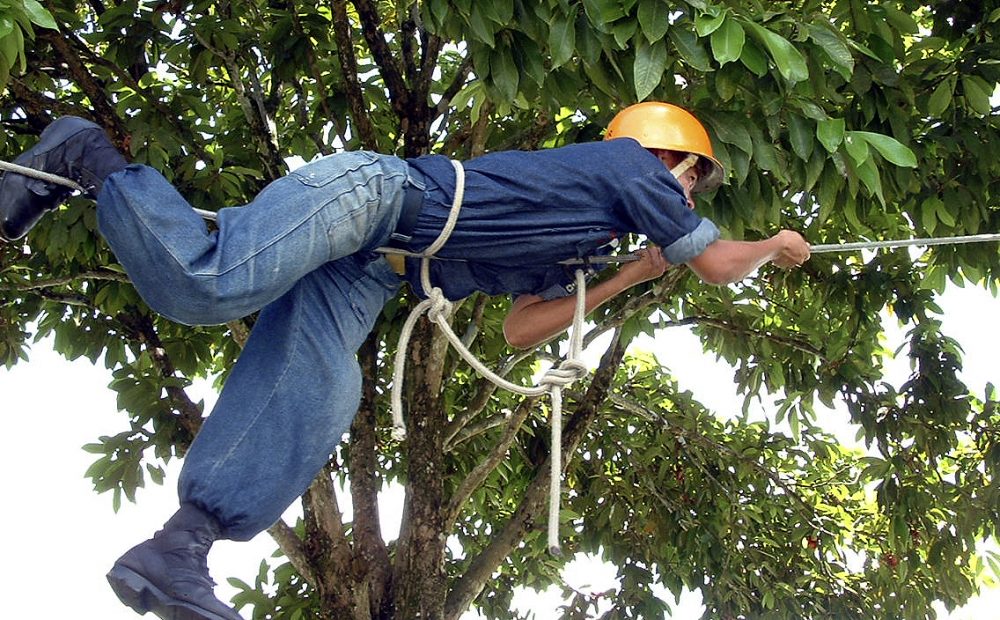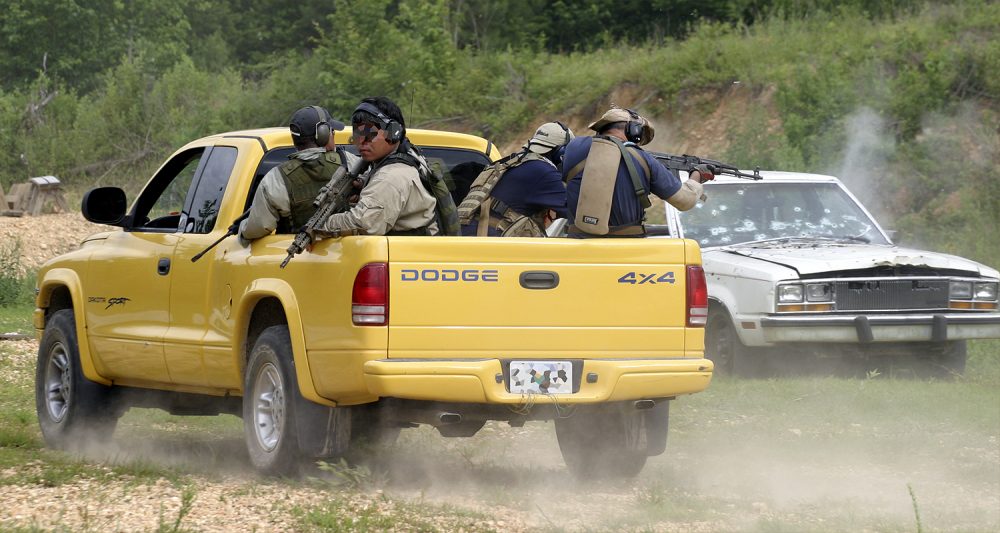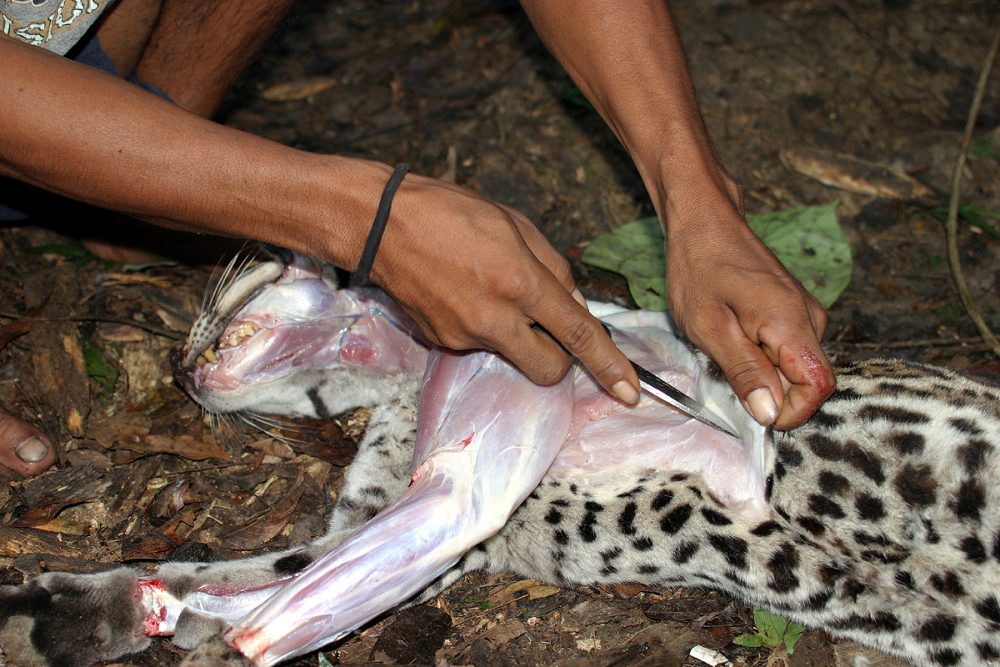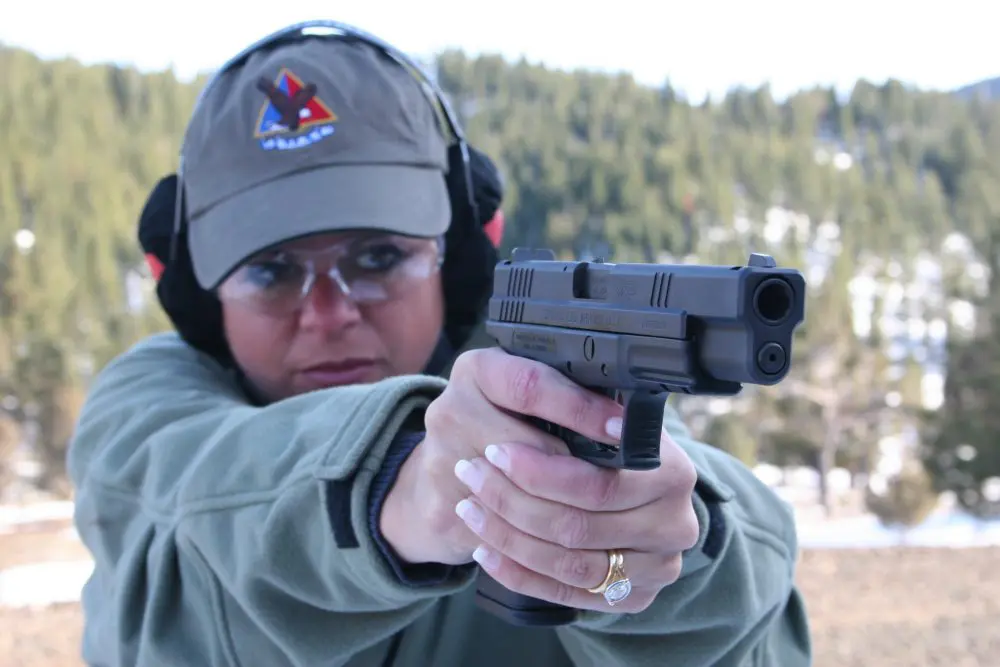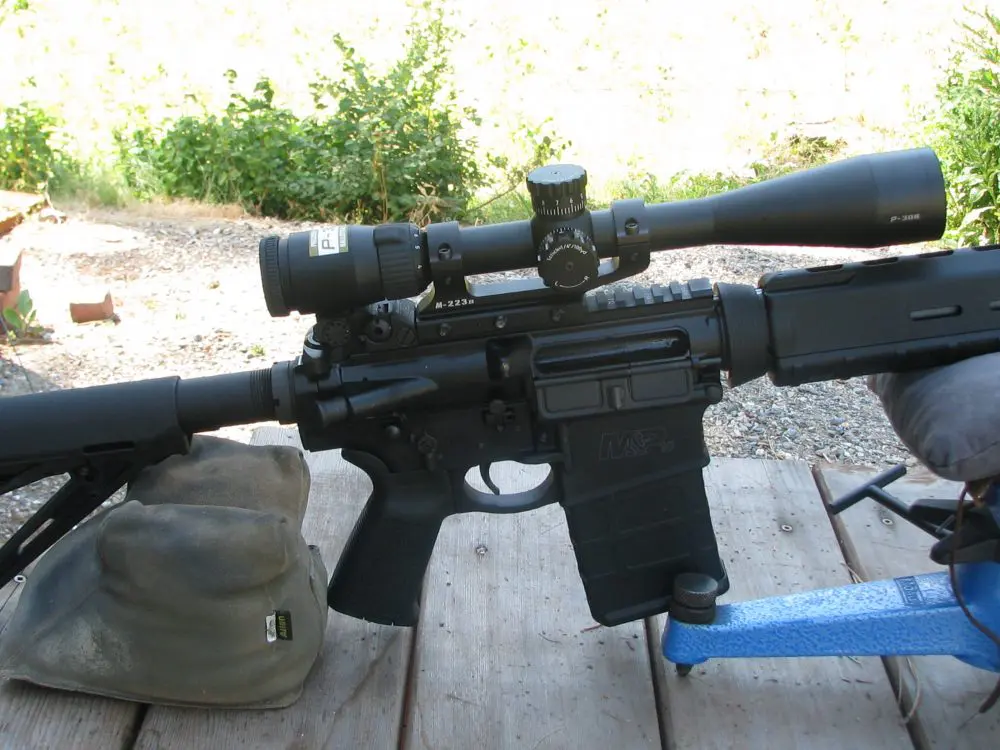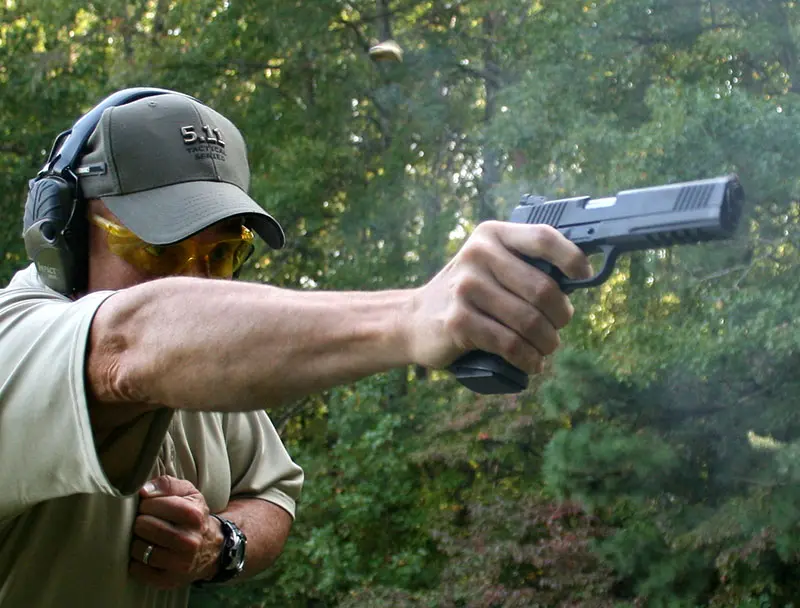To be real blunt, you cannot “learn” survival no matter how many videos or books you study. An instructor can only bring enlightenment to the methods that aid in various types of developed skills.
Survival is a natural reaction known as staying alive. It can be as simple as running away from a threat or as complicated as living for months on human flesh as seen with the soccer team in the Andean plane crash. In all cases, understanding and learning about the surrounding environment, as well as yourself, are the key ingredients to personal survival. Although we may learn particular procedures to facilitate the process, no one knows what the exact requirements will be until they are faced with a real situation. Always expect the unexpected and remember that Murphy’s Law rules. Reading books, watching videos and practicing are fine, but the mental edge of knowing “it’s just practice” in a controlled environment is always enough to allow an unfair advantage.
Courses at Tactical Response include shooting from a moving vehicle as well as other “abnormal” training techniques to increase stress and realism for students.
There have been enough writings on the subject of survival to fill libraries, and even though most of the information is sound, it is always written it is always written in the form of advice, not facts.. “If this happens to you, then you should do this…” Survival books, for the most part, are written by people who have never actually used everything that they attempt to explain in their books. Authors on this subject typically believe old myths and then further those myths by adding them to their books instead of researching them to their full potential. Simply put, there’s a ton of bullshit floating around that is added for no other reason than to fill pages and sell books.
While any learned skill is a valuable tool, no situation will ever be exactly as the books explain it. In order to be proficient at anything, you must practice, practice and then practice some more. The problem with practice is it’s almost always done in a controlled environment.
Surviving means doing whatever is necessary to live, including killing and eating whatever is available, regardless of morality or laws.
During my years of exploring the art of survival, I’ve known a couple of “black belt” martial artists who ended up in the hospital. One was due to a drunken redneck catching him with a “lucky” punch and the other came at the end of a beer bottle. Yet another acquaintance from the dojo died from a gunshot wound while trying to stop a fight in the parking lot of a local bar. The point is, no matter how good you are at your chosen skill, circumstances change, mistakes are made and sometimes the “dark forces” just get lucky. Once you step into this no-rules arena of survival, your best bet is to forget the rules and play to win. In fact, the muscle memory acquired from pulling punches during years of sparring bouts may become a disadvantage if you lack a “win at all costs” mindset.
So how do we train our minds for the unexpected? By learning the basics and then pushing the envelope during practice. How many training classes have you been to that were basically just rehashed techniques with a little bit of change, simply because that particular instructor thought it was the “best” way? I’m not saying this training is useless, but if your instructor is trying to train you for what could (and might) happen, then he might wait for low light conditions, throw your $1000 gun and spare magazines into a pile of oozing mud, step on them a few times, then have you find your gun and go through your drills, taking out “bad guys” as fast as you can under high stress. After all, we all know how to shoot “bad guys” from a comfortable firing line and with a clean weapon, right?
Learning diverse techniques, such as this rope rescue taught by author’s survival school in South America, is crucial to your overall survival potential.
Now, I’m not picking on the firearms crowd. I’m sure this type of class is out there, and Lord knows I have less firearms training than most everyone who reads this magazine, but it’s all relative when it comes to survival. If I’m going to teach firemaking to a group of advanced students, then we’re either going to soak every piece of ground, wood, fire-starting device and student with a water hose or wait for a downpour of cold rain to do the class. Otherwise, we’re just rehashing techniques the students have already learned under controlled environments with controlled gear. To develop a survival mindset you must train as safely as you can under adverse and unexpected conditions. You have to push the envelope. Only then will you realize the frustration—as well as the improvisation—that results from survival scenarios.
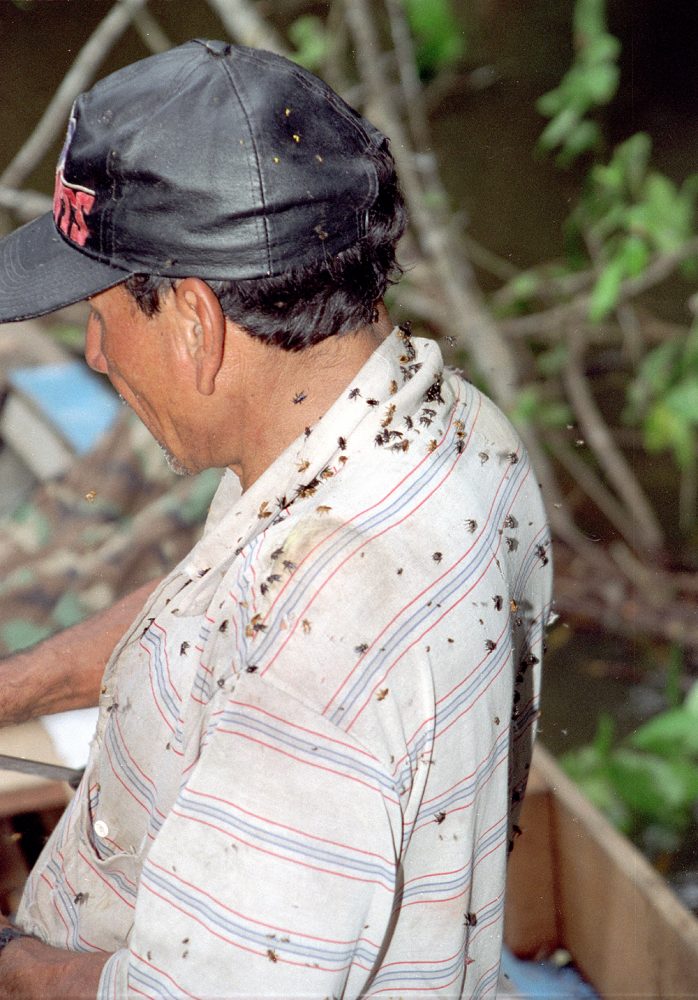
The number one question that pops up from a newcomer to survival skills is, “What do you feel is the most important survival skill?” That’s the equivalent of asking the question, “What’s the best knife or firearm?” There is no answer to this, because it depends on the particular area and the circumstances surrounding it.
To choose one skill or specialize in one area makes you useful only on the grounds of your choosing. To be a jack-of-all-trades and master of none takes your survival potential to new levels. In short, there is no one skill or piece of gear that will see you through all survival scenarios, even in the wilderness. There is, however, one trait no victim cannot afford to be without—a will to survive. Of all the skills that survival encompasses, none is more important than having an offensive mindset when faced with life-threatening situations.
Much could be (and has been) written on this subject, but it has been my experience that mindset is a difficult curriculum to bestow on some individuals. There are those who, no matter how much they train and practice, and no matter how much of an expert they are in a controlled environment, will simply be fodder once things go south at an accelerated rate. I’m one of those Doubting Thomases who does not believe that all people act under stress as they have trained, even though this seems to be a popular belief among the tactical crowd.
Simply put, a true survival mindset is a combination of skill, confidence, calculated aggressiveness and a die-hard will to overcome the adversity even when the odds are drastically stacked against you. Maintaining the will to live is, without doubt, the one element that will see you through any survivable situation—whether it’s an attack by a street thug or being lost and injured in a wilderness area. If you do not approach adversity with an overwhelming desire to live at all costs, your chances of survival diminish rapidly.
Offensive mindset should never be confused with ego. The man who dies battling a gang of street thugs just to prove his manliness is stupid, especially if there had been an option of running and surviving. An offensive attitude toward survival is never a contest of the strongest, smartest or toughest. After many three-week trips living in tropical bush with nothing more than a machete and a mosquito net, some of the toughest “survivalists” I have seen have been women; some of the worst have been highly trained “Rambos” (for lack of a better word). In many ways their training limited their ability to think outside the box.
Probably the best way to develop your survival mindset after you’re in a situation is by mentally accepting your predicament. This does not mean giving up the fight or the will to live. Nor does it mean giving up on escaping from your current situation. It simply means adjusting your mental state to your current environment and accepting it for what it is at that place and time.
When you boil it all down to facts and logic, you’re either going to live or die, so your only reasonable choice is to accept the situation for what it is, get past the fear of the unknown, and allow your mind and body the freedom to survive.
